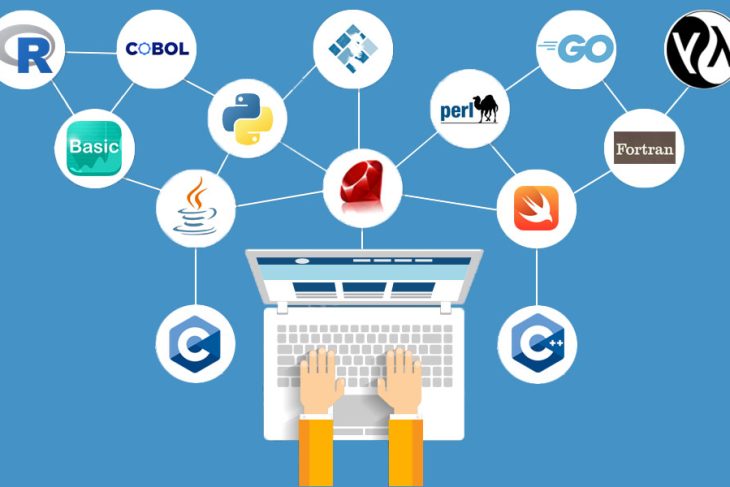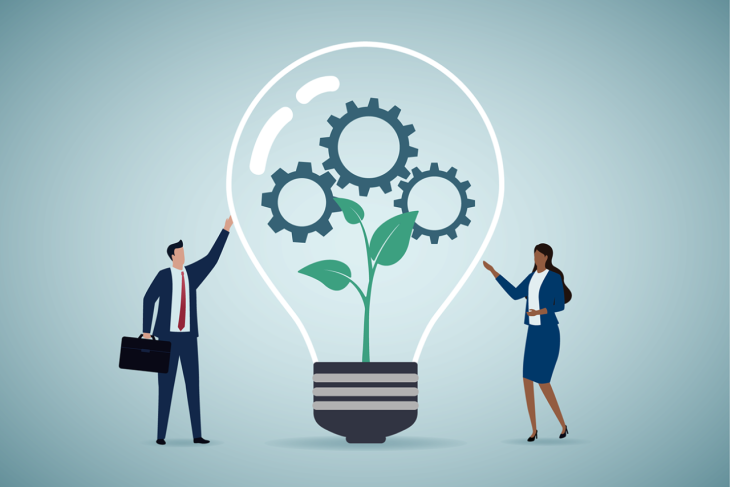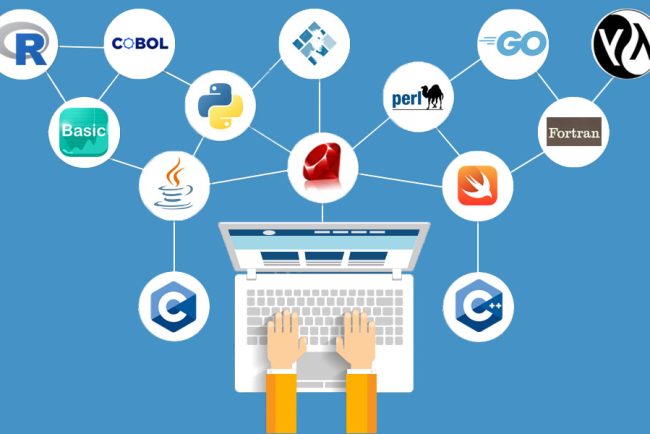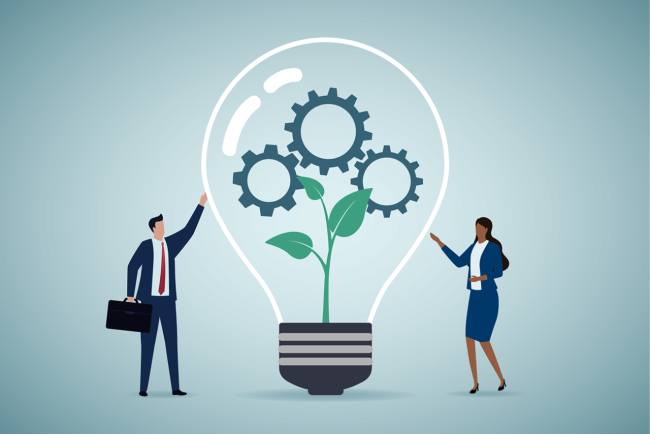

As an Internet information blogger, I am fascinated by the potential of Natural Language Processing (NLP) and its impact on our daily lives. NLP is a technology that allows machines to understand and process human language, combining elements of linguistics, computer science, and artificial intelligence. With its ability to comprehend syntax, semantics, and context, NLP has transformed the way computers recognize speech, interpret written text, and facilitate language translation.
NLP has gained significant traction with the advancements in deep learning, machine learning, and data labeling techniques. By analyzing vast datasets, NLP algorithms can uncover patterns in text and extract meaningful information. This enables computers to automatically process large volumes of data, including emails, texts, and social media posts.
Beyond generating natural language text, NLP can also produce structured text for various purposes. Through algorithmic techniques, it can generate text with the same meaning as the input, making it valuable for writing summaries and crafting responses to customer inquiries.
NLP has found utility across a wide range of applications in different industries. For instance, automated chatbots powered by NLP enhance customer experiences by providing personalized and context-aware responses. NLP-based text classification enables the categorization of text data based on topics, sentiments, and intent, facilitating tasks like document classification, spam filtering, and topic extraction. Machine translation systems leverage NLP to analyze source texts, identify meaning, and generate accurate translations in the target language. Named Entity Recognition (NER) in NLP allows for the identification and classification of entities within texts, such as people, organizations, and places, which is crucial for various applications including question-answering and text summarization. NLP also enables Natural Language Generation (NLG), which involves generating human-readable text from structured data, aiding in the automated production of documents. Additionally, sentiment analysis using NLP helps in analyzing emotions expressed in text, allowing businesses to gauge public opinion and measure the popularity of topics or events.
The potential use cases of NLP are vast and extend to industries such as healthcare, education, finance, and marketing. By accurately identifying and processing large amounts of data, NLP enables machines to develop more sophisticated and advanced applications of artificial intelligence. It enhances the interaction between machines and humans, providing a deeper understanding of human thoughts and facilitating effective communication.
In summary, NLP is revolutionizing the way machines comprehend and interpret human language. Its applications span from automated chatbots and text classification to machine translation, sentiment analysis, and speech recognition. As an internet information blogger, I believe that NLP will continue to play a significant role in AI technology, transforming our retail experience, cities, and skies.


















